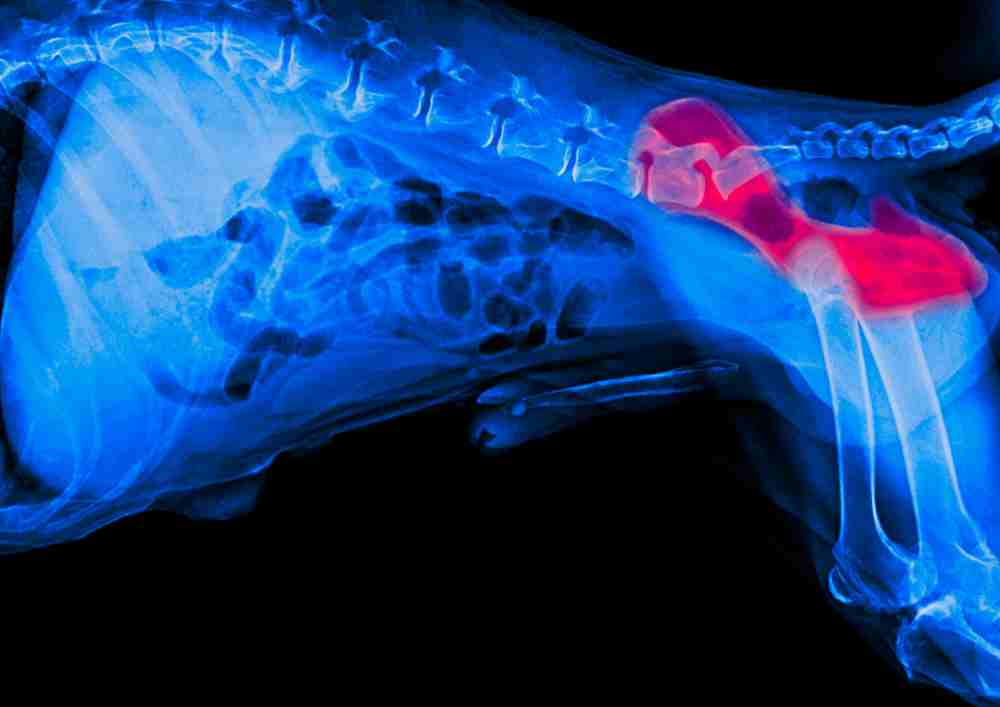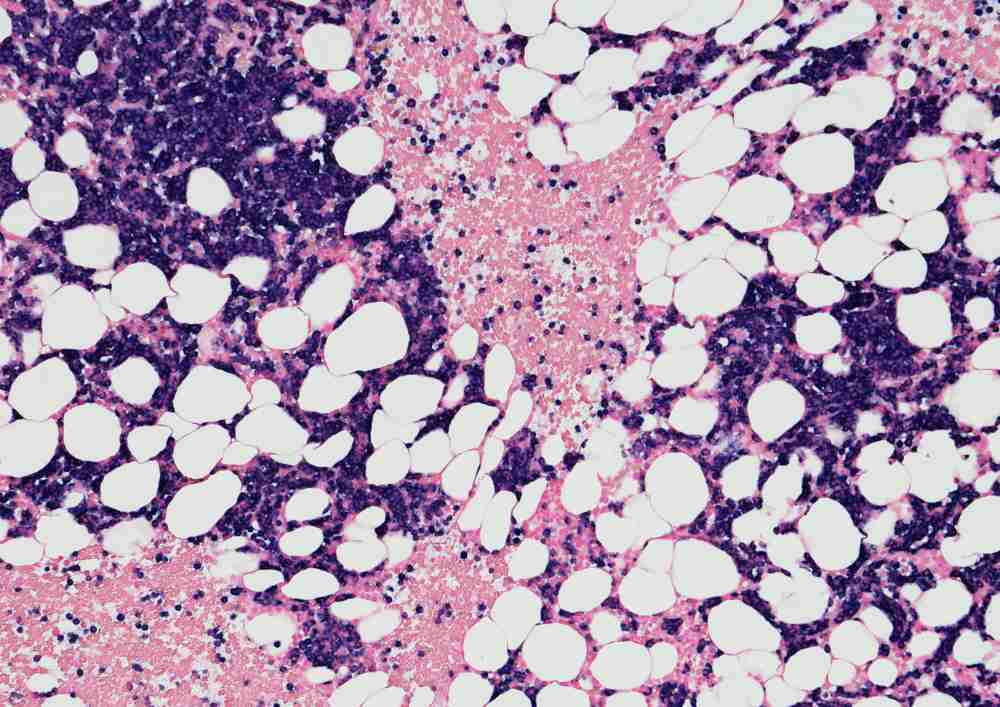Biomedical Data Science
Understand the complexity of genetic-sequencing, data analysis and use of artificial intelligence modelling.
Curriculum : Course Code: AT-020
An introduction to genomics, genetic-sequencing, data analysis and to study biological problems such as cancer, neurodegenration, aging, obseity etc. This course will provide an overview of various databases, tools, algorithms that are state of the art. Studying DNA, RNA, miRNA, and protein from the same sample can lead to the multi-omic analysis and thereby provide the molecular basis of biological questions.
Advanced imaging is part of common clinical practice and wearable devices are collecting patient data in electronic format. All such collected data can help understand the causes leading to various diseases and thereby identify solutions.
Highlights
- What is Big Data and Data Science in Biomedical sciences
- What is DNA sequencing and what are omics technologies
- What are the free resources (web tools and databases)
- Algorithms and Data analysis
- How is image recognition and Artificial intelligence relevant to biomedical science
- How do you imply powerful computational and statistical methods in understanding biology and long standing questions?
- How can wearable devices revolutionize healthcare
- Digital image analysis & data mining
Resources
State of the art online web-tools and datasets with database access.
Career counselling about an increasingly wide range of available careers, including research(academic & Pharmaceutical company based), teaching, Medical practitioners to name a few.
Activities & Credits
Students learn to make high quality science posters & hone their presentation skills.
Learn to draft scientific write-ups with clear and convincing narratives.
Outstanding students also get opportunities for long-term projects with mentors.
Recent Student Projects in Bio Data Science
Skeletal dysplasia: Achondroplasia
https://elioacademy.org/amy-miao

Amy Miao
(Saratoga High School)
Achondroplasia is a form of skeletal dysplasia or dwarfism caused by genetic mutations. Affecting approximately 1 in 15,000 individuals, achondroplasia is characterized by disproportionate dwarfism, where individuals have an average-sized torso and short limbs. The condition is primarily caused by a mutation in the fibroblast growth factor receptor 3 (FGFR3) gene, leading to abnormal bone growth due to impaired chondrocyte proliferation.
Celiac Disease
https://elioacademy.org/vibha-rao

Vibha Rao
(Emerald High School)
Celiac disease is an autoimmune disorder triggered by gluten ingestion in genetically predisposed individuals. CD causes an inappropriate immune response to gluten, leading to inflammation and damage to the small intestine, which hinders nutrient absorption. Symptoms vary widely, from gastrointestinal issues to silent CD, where patients experience no symptoms but suffer from intestinal damage.
Sweat Allergy
https://elioacademy.org/minji-seo

MinJi Seo
(Harbin Wanbang School)
Sweating is a vital bodily function for temperature regulation. When body temperature rises, the hypothalamus signals eccrine sweat glands to release water, cooling the body. These glands excrete a liquid mixture containing water, sodium, potassium, amino acids, and more. This fluid, known as sweat, aids temperature reduction through evaporative cooling.
Muscular Dystrophy and Genetics of Inheritance
https://elioacademy.org/adrit-saha

Adrit Saha
(Hillsborough High School)
Duchenne Muscular Dystrophy (DMD) and Becker Muscular Dystrophy (BMD) are conditions that arise from mutations in the dystrophin gene, a critical protein responsible for muscle stability and function. DMD, the more severe form, results from a complete absence of dystrophin, while BMD stems from reduced or partially functional dystrophin protein.
Type 2 Diabetes Mellitus
https://elioacademy.org/arin-srivastava

Arin Srivastava
(Montgomery High School)
Chronic metabolic disorder is characterized by the body's inability to regulate blood glucose levels effectively. Type 2 Diabetes Mellitus (T2DM) is primarily caused by insulin resistance, often linked to genetic factors, obesity, and lifestyle choices. The condition leads to hyperglycemia, resulting in symptoms like frequent urination, unexplained weight loss, and slow wound healing.
Hemophilia: Genetic Mutation
https://elioacademy.org/matthew-liang

Matthew Liang
(Troy High School)
Classic Hemophilia, also know as Hemophilia A, is a congenital, inherited, X-linked recessive disease caused by an F8 gene mutation located at Xq28, leading to a deficiency of clotting factor 8. This type of hemophilia is five times more common than Hemophilia B, affecting approximately 1 in every 5,000 babies born
Genetics and Epidemiology of Schizophrenia
https://elioacademy.org/jackelyn-lange

Jackelyn Lange
(St. Ignatius College Preparatory)
Schizophrenia typically manifests in late adolescence or early adulthood, with men being more affected. Symptoms are categorized into positive (e.g., hallucinations, delusions) and negative (e.g., social withdrawal, reduced emotional expression) types.
Chronic Eczema
https://elioacademy.org/mary-hakeem

Mary Hakeem
(La Serna High School)
Eczema is a dermatological condition that can arise from environmental factors, genetic mutations, or hereditary causes. While it can appear on any part of the body, it most commonly manifests on the hands, face, and neck. Eczema can develop at any stage of life, although it is particularly prevalent among infants, adults, and individuals aged between 13 to 18 years.
Multiple Myeloma: Investigating anti-BCMA CAR-T Therapies
https://elioacademy.org/ruby-sethi

Ruby Sethi
(Bridgewater-Raritan High School)
CAR-T cell therapy is used for targeting the B-cell maturation antigen (BCMA) as a treatment for multiple myeloma (MM), a rare and aggressive blood cancer. MM is characterized by the uncontrolled proliferation of abnormal plasma cells, leading to various health issues, including bone damage and kidney failure. BCMA is a protein highly and exclusively expressed on plasma cells, making it an ideal target for CAR-T therapies.
Possible Prenatal Genetic Risk Screening for Schizophrenia
https://elioacademy.org/keira-brown

Fortis Keira Brown
(Los Alamos High School)
We explore the potential of using genetic testing to predict the risk of developing schizophrenia before birth. Schizophrenia is a complex mental disorder marked by symptoms like delusions and hallucinations, with its onset typically in late adolescence or early adulthood. The study focuses on the dopamine hypothesis, which links the disorder to dopamine dysfunction caused by mutations in genes.

WANT TO WORK ON YOUR OWN PROJECT ?
Apply to ELIO mentored projects in Genetics, Neuroscience, Medical Data Science, Biochemistry (Click Here)